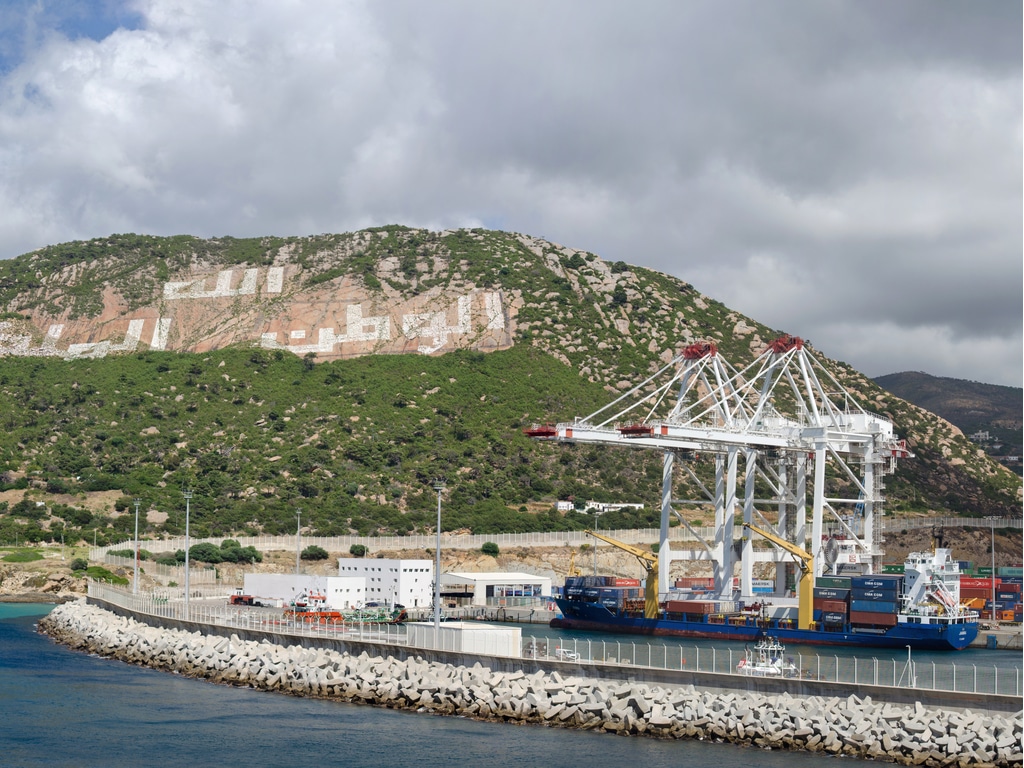By awarding the Tangier Med port the “Ecoports” label, the Organization of European Seaports (Espo) recognizes the efforts made by the port’s cargo port managers to protect the environment. The port, located about 40 km east of the city of Tangier in the north of the Cherifian kingdom, has obtained this label for the third time since its commissioning in July 2007. “We congratulate the Port of Tangier Med for successfully renewing the EcoPorts Environmental Management Standard (PERS). Its quality approach aims at the continuous improvement of its performance in terms of energy efficiency, reduction of the use of natural resources and the preservation of biodiversity at marine and coastal level,” explain Espo’s managers.
Compliance with the PERS standard is independently assessed by Lloyd’s Register, a British maritime classification society. The certificate granted by the company to ports is valid for two years. At present, there are 24 PERS certified ports worldwide, about a fifth of the 117 ports in the Ecoports network. The port of Tangier Med is the only African port to have received this label.
Obtaining the “Ecoports” label
According to Espo, PERS certification requires the port to propose a series of measures to demonstrate effective environmental management. These measures range from identifying and monitoring the most relevant environmental challenges to improving communication with the local community and increasing transparency through the creation and publication of an environmental report.
Espo is not the only organization to praise the environmental policy of the Port of Tangier. A few months earlier, the international certification company Bureau Veritas awarded the “Safeguard” label to the Tangier Med port. According to the company, which specializes in testing, inspection and certification, this label attests to “the port’s commitment to offering passengers a reliable and safe travel area”.
If today the port of Tangier Med is practically the only one in Africa to present a convincing environmental policy, it should not keep this status for much longer. In February 2020, the West and Central African Ports Management Association (AGEPAOC) approved and confirmed its commitment to the “Sustainable African Port Initiative”. This was during a conference organised by Ports Environmental Network-Africa (PENAF), AGEPAOC and the Pointe Noire Port Authority (PNPA). According to these institutions, the success of the “sustainable African port” initiative will depend on the resolution of problems such as ballast water management, water and air quality, port waste management, ship waste reception facilities and the transport of hazardous and electronic waste.
The issues of eco-port certification, training and education on port sustainability, oil spill emergency response, digital tools, coastal erosion, flooding and shipwrecks will also need to be addressed.
Inès Magoum
